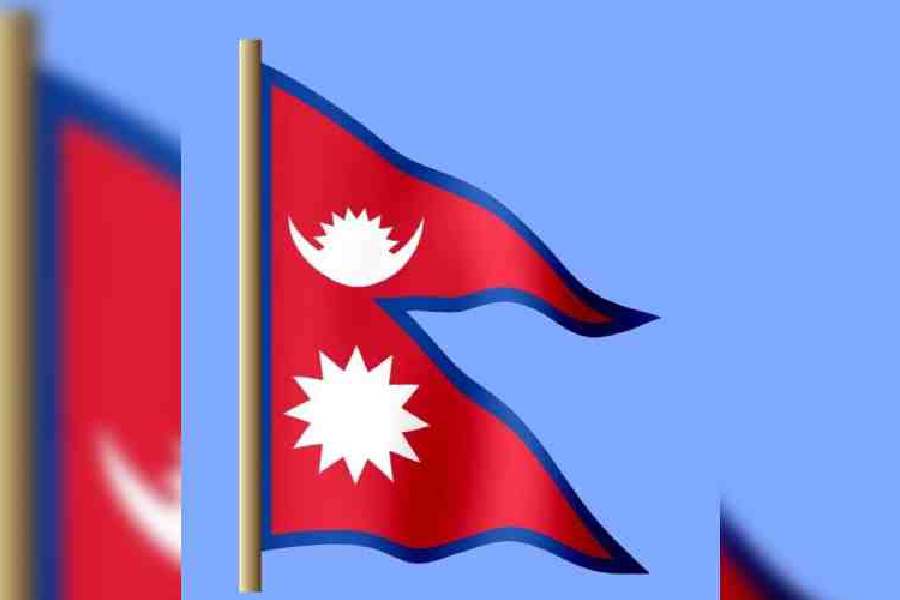When Nepal’s new international airport opened last year in one of the country’s biggest cities, it was the type of landmark project expected to elevate the fortunes of one of Asia’s poorest countries while deepening its ties with China, which built and financed the project.
But the Pokhara airport has become a symbol of another sort: the pitfalls of China’s international infrastructure projects, which face criticism for sometimes costly and poor quality construction that leave borrower countries awash in debt.
On Thursday, Nepal’s one-month-old government, led by the country’s largest communist party, which has close ties to Beijing, formally asked China to convert a $216 million loan for the airport into a grant, wiping away the debt. It made the request during a visit by a Chinese delegation including Sun Weidong, China’s vice-foreign minister.
The airport has been beset by problems. A few weeks after it opened in January 2023, a domestic flight headed for the city crashed into a river gorge, killing 72 people. The airport has not attracted any regular international flights, dimming the financial outlook for the project. Over the last year, Nepal’s anti-corruption agency and a parliamentary committee started investigations into the airport’s construction.
Last year, The New York Times reported that China CAMC Engineering, the construction arm of a state-owned conglomerate, Sinomach, had inflated the cost of the project and undermined Nepal’s attempts to keep tabs on construction quality.
Through its Belt and Road Initiative, a signature campaign of President Xi Jinping, China has extended more than $1 trillion in loans and grants, according to some estimates, for international infrastructure projects. The initiative is part of Beijing’s efforts to forge economic and diplomatic ties with other countries, while building a lucrative portfolio of construction work for its state-owned enterprises. But for some developing countries, the loans have become a financial albatross as they struggle to repay the debt.
In an interview on Friday, Bishnu Prasad Paudel, Nepal’s deputy Prime Minister and finance minister, said it made the request to China as “our neighbouring country” because Nepal was still scrambling to revive its economy.
“We are hopeful,” said Paudel, but he declined to elaborate.
New York Times News Service











